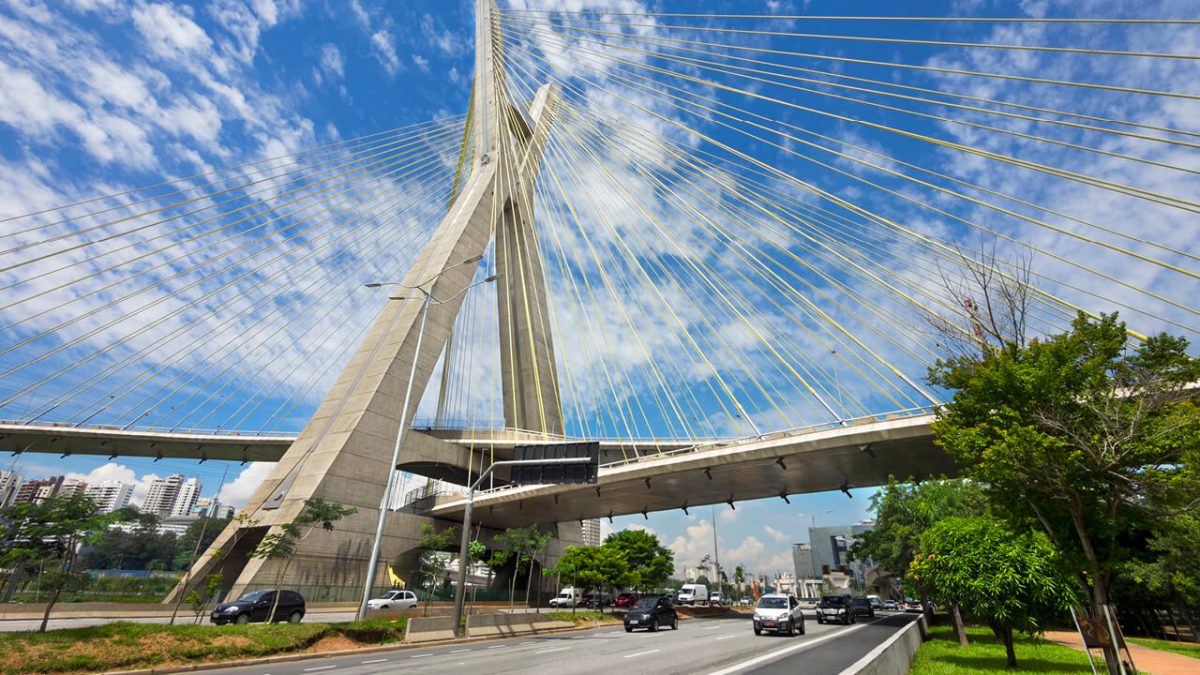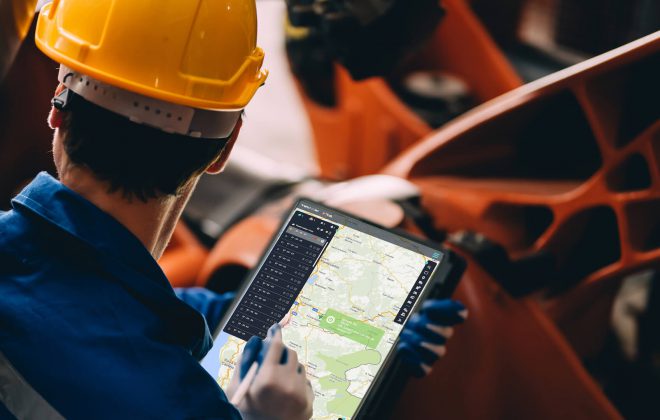Next steps in the development of global solutions for sustainable transport
The goods and passenger transport sectors must become more aware of the needs of society as well as of the desires of the travelling public. This translates to the need for investment in the development of new technologies in order to provide answers to these needs.
According to relevant studies, we can begin by emphasising that the principal objective of these industries must be to provide improvement in transport services, rather than the provision of alternatives. Dependence on fossil fuels, limitation of CO2 emissions and taxation of fuel must all be taken into account when designing an improved public transport infrastructure. As a short-term measure it is imperative to reduce fuel needs and develop strategies for minimising public transport’s contributions to CO2 emission.
The main aspects to be addressed and developed within this sector are:
- Fleet Monitoring and Management;
- Optimisation of combustion/propulsion systems;
- Redesign of heavy goods vehicles with a view to improving, among other things, aerodynamics;
- Implementation of eco-driving programs;
- Development of braking energy recovery systems.
According to certain studies, these measures can lead to a fuel savings of between 20 and 40%.
Another factor affecting the sustainability factor is the optimum use of goods haulage and public transport. In order to achieve this aim, research and development and cooperation with public and private authorities are essential. The use of a Fleet Monitoring and Management System becomes mandatory, as this allows essential data to be collected and shared with other road users. This is beneficial not only to transport operators but also to government organisations (for improvement of road safety and pollution reduction), allowing them to fine tune their operations using data obtained in real time.
Tecmic’s solutions help support the introduction of these measures.
Want to know more?



